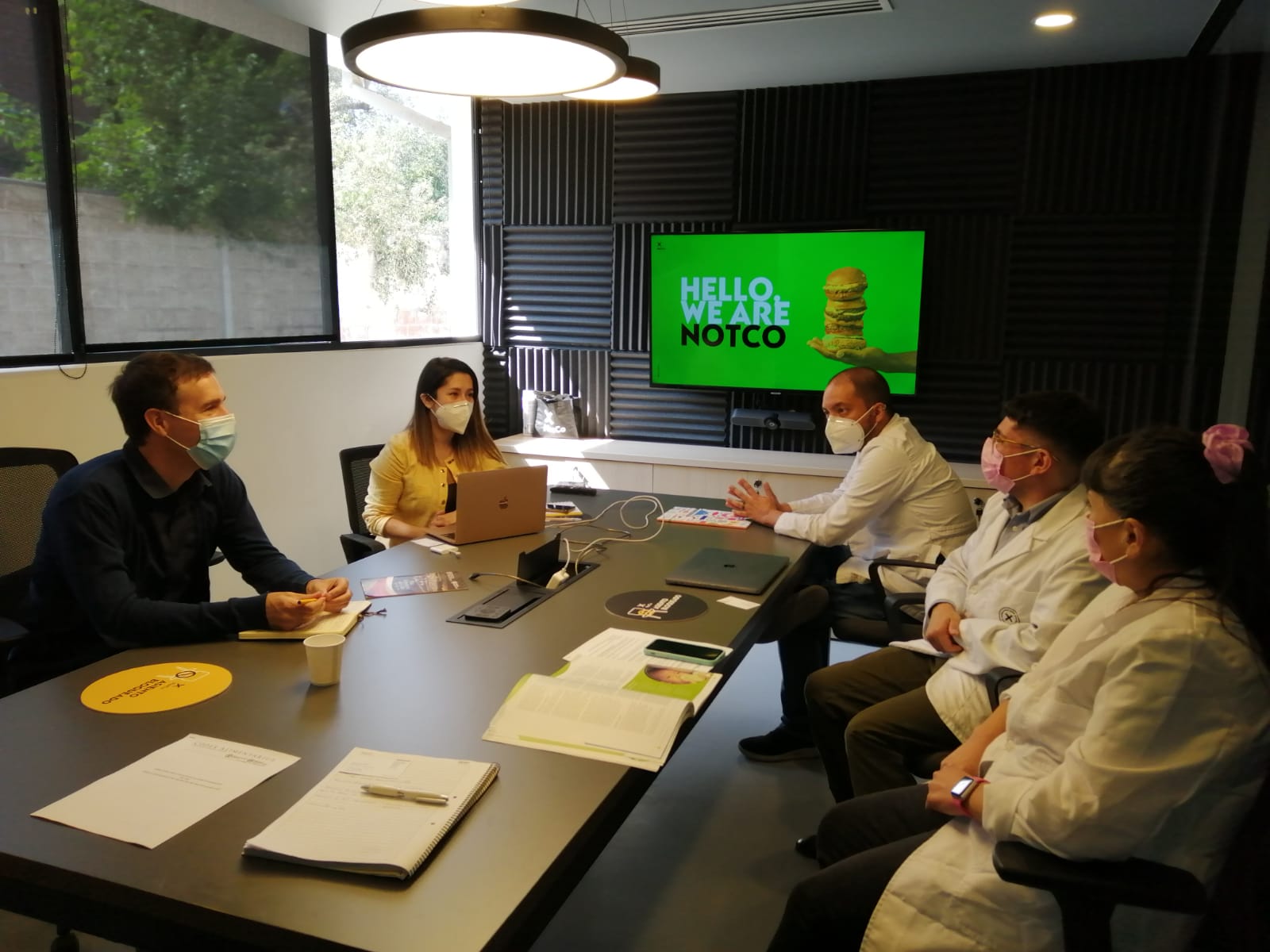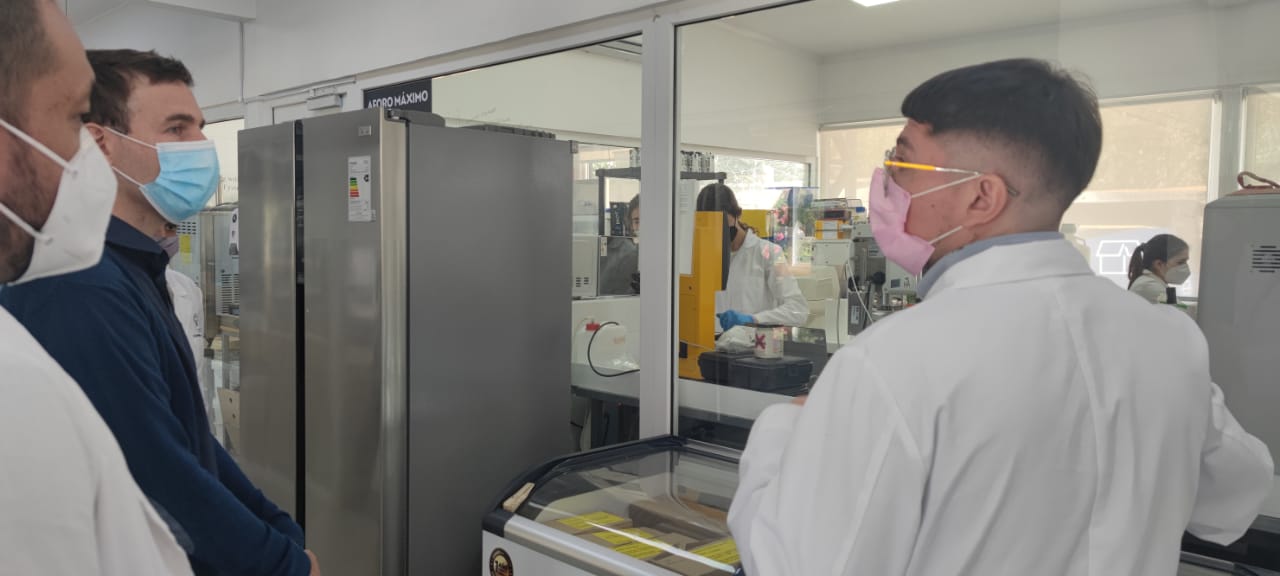The CCLAC Region - Regional Coordinator Ecuador
In 1976 a Coordinating Committee for Latin America, established by the 10th Codex Alimentarius Commission in 1974, held its first meeting in Rome with eight countries from the region in attendance. At its third session a proposal was made to change the name of the committee to its current form (Coordinating Committee for Latin America and the Caribbean) as this better reflected the membership of the region. In 1984 at its 31st session, the Executive Committee, acting on behalf of the Commission, agreed to this change.
The region of Latin America and the Caribbean is an important actor in the production and trade of food at a global level. The region produces enough food to supply itself and to export, with both water and land resources to produce even more.
The region has enormous natural wealth, a flourishing agricultural industry and a family farming sector that is essential for its population. The promotion and strengthening of food safety must be continued at the level of all regions to guarantee the health of consumers and fair and equitable trade.< /p>
The coordinator, Ecuador is based in AGROCALIDAD an agency attached to the Ministry of Agriculture and Livestock. They aim to create synergies between countries in the region, to provide mutual support in order to overcome regional problems and examine solutions to common challenges.
The coordinator further aims to strengthen collaboration among countries and strengthen the participation of developing countries in the Commission and its subsidiary bodies.
CCLAC Coordinator
All information on Codex is public and free.
For regional enquiries contact:
CCLAC Secretariat
Agencia de Regulación y Control Fito y
Zoosanitaria AGROCALIDAD
Avenida
Eloy Alfaro y Amazonas
Quito
Email: [email protected]
New food sources and production / Codex vice-chair Diego Varela learns about plant-based food
On Tuesday 15 February 2022, Diego Varela, Vice-Chairperson of the Codex Alimentarius Commission, visited NotCo, Chile, to learn at firsthand how plant-based products are created. NotCo was established in 2015 and aims to make plant based food look, smell, taste and function like animal based ones. The company uses artificial intelligence to decide how to combine plants to replicate the flavour and texture of animal products whilst maintaining their taste, feel and function.

Diego Varela (left) talks to NotCo staff during company visit
“At Notco, we want to contribute to the development of the new food sector and transformation of the food industry using our first-of-kind Artificial Intelligence technology, we want to share our experience and knowledge with the public sector so that plant-based products are accessible to everyone, everywhere,” said Dr. Rodrigo Contreras, Head of Research.

Examining food production process at Notco
More and more new food products are making their way out to the market, at the same time, new food production systems are also being developed across the world. Governments need regulations to oversee the safety and quality aspects of these new products at the national level and companies working in this field have to deal with the different approaches being taken across the world to understand and regulate these new production systems and new food products.
Mind blowing technology.
Varela chairs a sub-committee of the Codex Executive Committee which is working on an assessment of the range and suitability of Codex tools that could be used to advance work on safety, quality, labelling, nutrition and fair trade practices related to new food sources and production systems. “It was fascinating to see the process at NotCo, the technology, science and passion involved to create these new products is mind-blowing. There is a real need to modernize the regulatory landscape and work together with the private sector and the academia to make sure products offered to consumers are fairly traded and safe for consumption ” he said.
Learn more
Follow updates on the Circular Letters page for the work of the sub-committee








Leave a comment